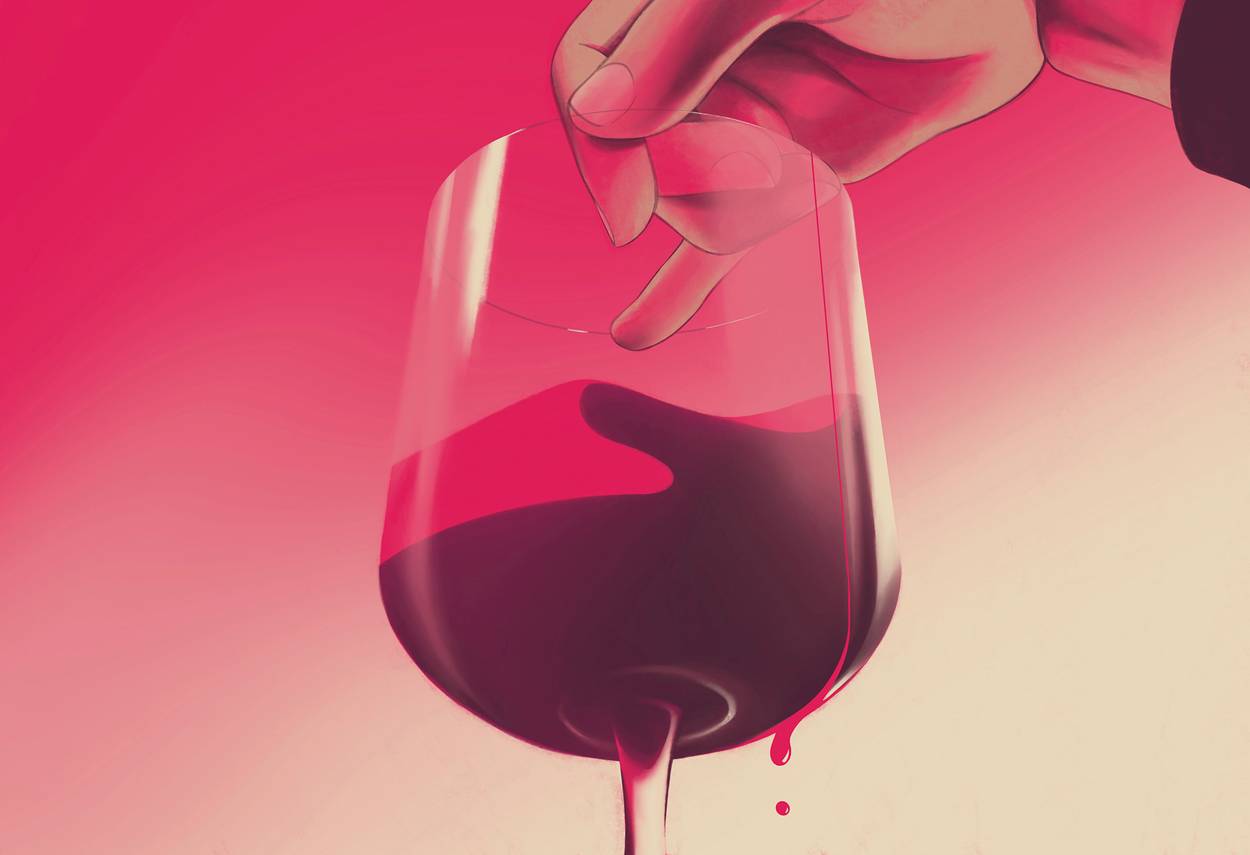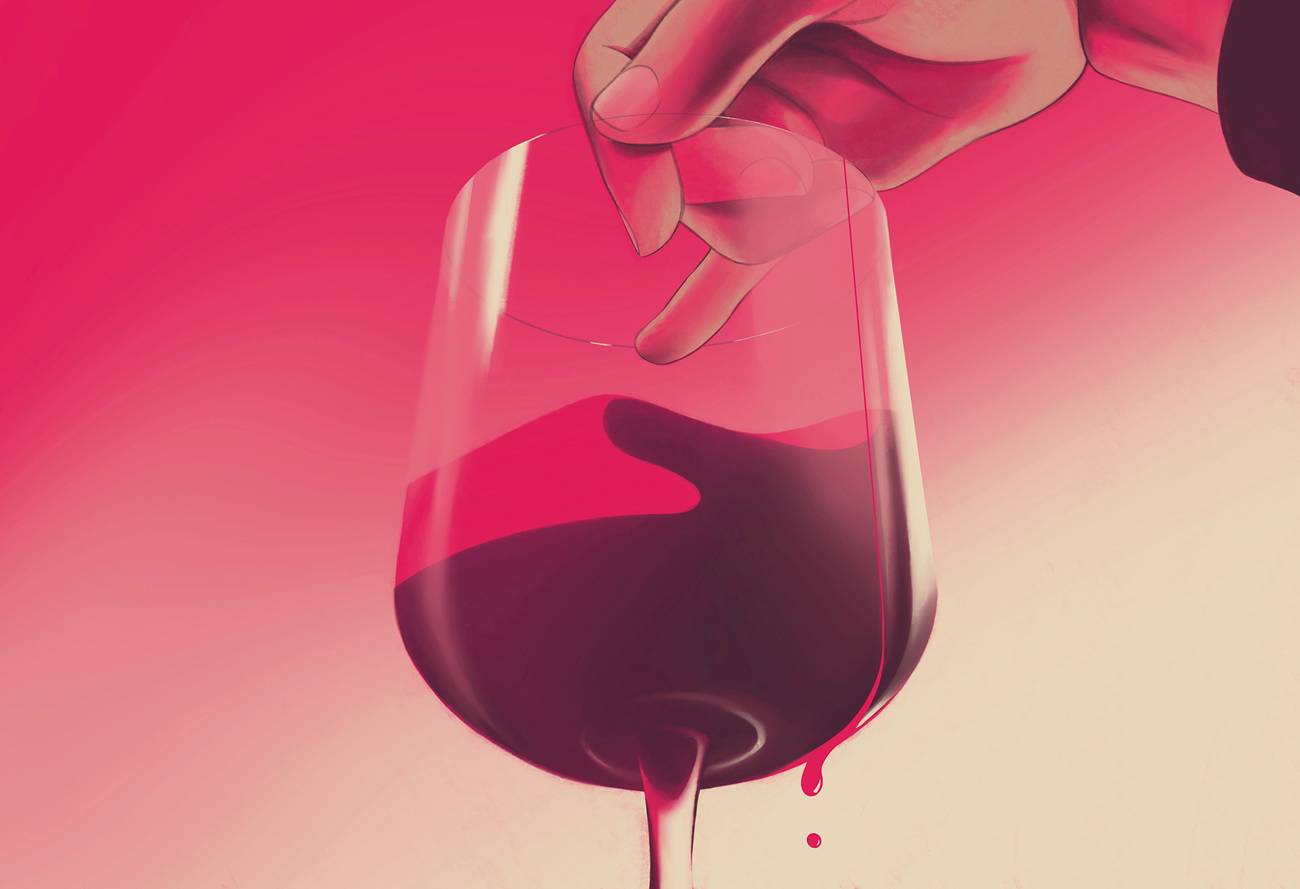Empathy Is Part of Our Jewish DNA
In the midst of a war, the Passover Seder offers a chance to find something we can all agree on, even if we disagree about everything else

Benedetta C. Vialli

Benedetta C. Vialli

Benedetta C. Vialli

Benedetta C. Vialli
The Passover Seder is always a night of questions. But this year, for many of us, the backdrop of Israel’s war with Hamas will make our annual intergenerational gathering around the Seder table more charged than ever.
There are those Jews, understandably, whose focus remains on the atrocities of Oct. 7, on ghastly thoughts of hostages subjected to torture and serial rape, and the steps a vigilant Israel must take in response to a variety of Iranian-driven doomsday scenarios.
Other Jews, understandably, see the gruesome images emanating from Gaza and openly wonder: At what cost of human life is war justified? Aware as they may be of the attacks of Oct. 7, not to mention Hamas’ cruel use of innocents as human shields, Israel’s response has prompted empathy for Palestinian suffering. Tens of thousands of Gazans have been killed, and far more are injured, displaced, and suffering from disease and hunger.
Like the perforated grooves stamped onto a piece of matzo, Israel’s war in Gaza serves to disclose the fault lines of our people. Can we advocate on behalf of Israel and express compassion for Palestinians? Is it possible to mourn both the loss of Israeli and Palestinian life? Are we a people of empathy or vigilance? Compassion or vengeance? The questions run deep into the foundation of who we are as a Jewish people.
Far more than an account of ancient Israel’s journey from slavery to freedom, the Passover Haggadah provides us with the tools by which we can openly name and wrestle with the tensions at the core of our being. If anything, the rituals of the Seder embrace the complexities of the Jewish soul—nearly every symbol of the Seder carries more than one interpretive possibility.
Is matzo a symbol of slavery or freedom—the bread of affliction or a reminder of the haste by which we left Egypt during our liberation? The answer is both.
Does the salt water on our tables signify our tears of servitude, or the luxuriant act of dipping our greens—something only a free person may do? The answer is both.
Does the haroset represent the bricklaying mortar of the embittered Israelite slaves, or the means by which the sting of the bitter herb is softened? The answer is both.
Enslaved and free. Traumatized and overjoyed. Persecuted and privileged. It is not a contradiction—binaries are rejected. Both the Haggadah and the Jewish people contain multitudes.
To our present challenge of balancing empathy and vigilance, the Haggadah is particularly instructive. We begin the Seder by opening the door to welcome all those in need. And yet, when we welcome Elijah toward the Seder’s conclusion, we do so with a spite-filled mélange of biblical verses (“shfoch chamatha”), a petition that God pour out the divine wrath upon the nations—a spirit of inclusion going hand-in-hand with a fear and even hatred of the “other.”
On the one hand, in recalling that we were once strangers in a strange land, the Seder is a prompt that we must now “know the heart of the stranger.” On the other hand, the take-home message of one of the Haggadah’s central declarations, “ve’hi she’amda,” is to remind us of the perennial threat of antisemitism. Pharoah was the first but by no means the last in a long line of oppressors who have sought to destroy us. Empathetic, yes, but Jews must be ever on guard; there is always another Pharaoh right around the corner.
Growing up, I was always deeply impressed at the point in the Seder when, just before we recited each of the Ten Plagues, we dipped our finger into our cups and “removed” drops of wine—one drop for each plague. The reason, I was told, is that even though the Egyptians enslaved us and even though the plagues were necessary for our liberation, we are still saddened at the thought of Egyptian suffering. The cup of our redemption made less full in our awareness of the casualties suffered by our once oppressors. The message is clear: An acknowledgement of someone else’s suffering, even an enemy’s, does not preclude us from expressing our gratitude.
In our home, we always read a Talmudic passage describing the Egyptian pursuit of the fleeing Israelites and how they drowned in the sea. When the heavenly angels broke out in song at the downfall of the Israelite oppressors, God reprimanded them: “My handiwork (the Egyptians) are drowning in the sea, and you want to sing a song of praise?” All of humanity is God’s creation, God’s empathy, and by extension, our own must extend to friend and foe.
It is a sentiment embedded in another rabbinic discussion, in response to the question as to why on the festival of Sukkot, a full Hallel (Psalms of praise) is recited throughout the holiday, but on Passover only on the first day(s)? Because, the sages explain—quoting the book of Proverbs: “Bi-nefol oivekha al tismach,” “Do not gloat at the fall of your enemy.” (Proverbs 24:17) Taking time to mourn others neither weakens the strength of our cause nor weakens our resolve. It is not either-or. Empathy and vigilance are not in opposition; if anything, they are interdependent—the double helix of our Jewish DNA.
Every year, but especially this year, the success of our Seders will be found in our ability to house these multiple threads woven into the tapestry of our people. No matter how one feels about the war—determined, angry, ambivalent, depressed—we should all be able to agree that the loss of civilian life—all civilian life, on any side—is something we can take a moment to mourn. One need not get defensive, or get bogged down in semantic debates as to what does or does not constitute “genocide,” in order to acknowledge the obvious fact that lives on both sides have been lost. The horrors of Oct. 7 remain a permanent scar on the Jewish soul, the return of the hostages remains at the forefront of our concern—as does the well-being of Israel; family is family. But expressions of empathy for innocent Palestinians are not betrayals of the cause; they are just the opposite—they affirm the essence of our faith.
Most of all, the Seder’s symposium style provides a platform by which Jews of different inclinations can come together, challenging each other, all the while allowing for their own views to be challenged. If the condition of the Palestinians stands at the forefront of your concern, now is the time to push yourself and find a way to also give voice to Israel’s right to self-defense and self-determination. If it is the continued defense and well-being of Israel that informs your every breath, then model for all those present how to stay true to your principles and not ignore Palestinian suffering in the process. Important as it is to ask questions, more important is our ability to listen to the answers of others—even and especially those with whom we differ. Isn’t that the real message of the Seder table? Every participant is an equal stakeholder in the Jewish story, with a place—literally and figuratively—at the table.
If we cannot share our hopes and fears with those we know and love, there is little chance that we will be able to do so as a global Jewish people. With so much at stake this year, our Seder conversations should serve to bring us closer together.
The author delivered a sermon based on this story on April 20, 2024, which you can read here.
Elliot Cosgrove is the rabbi of Park Avenue Synagogue, Manhattan. He is the author of the forthcoming book For Such a time As This: On Being Jewish Today.